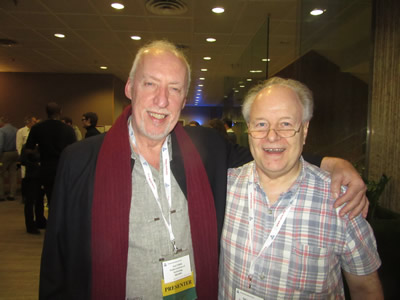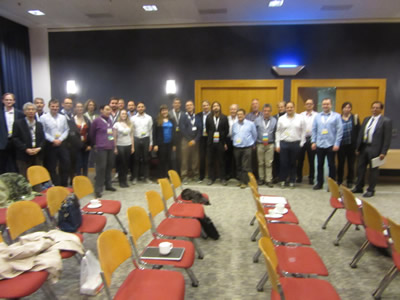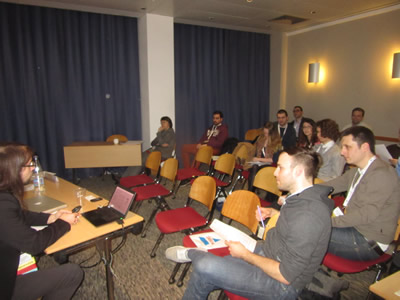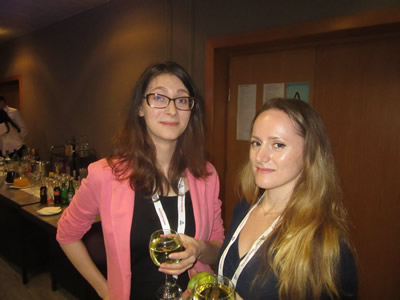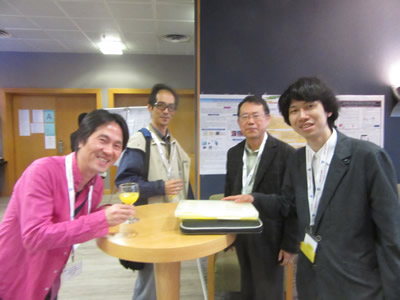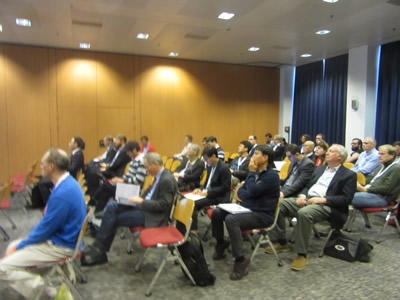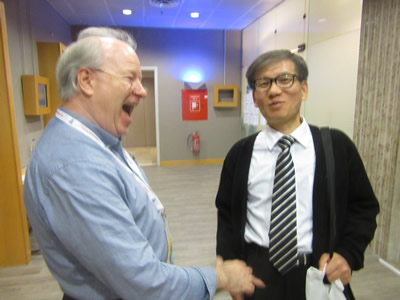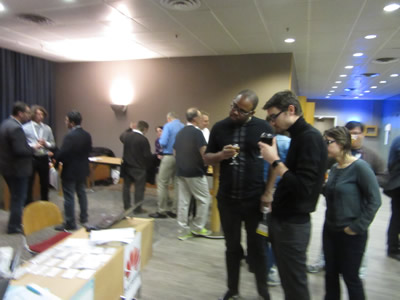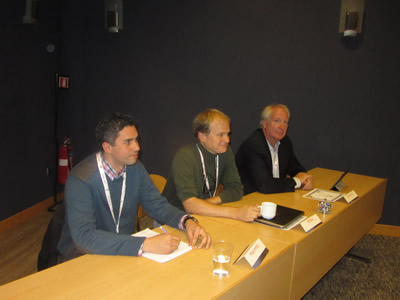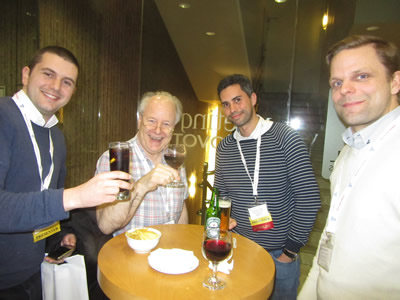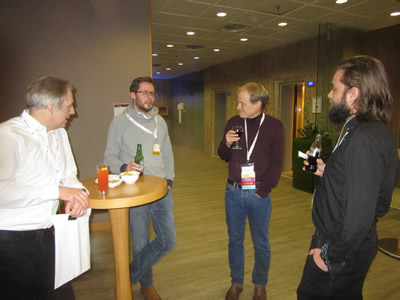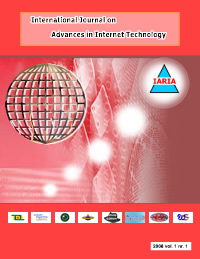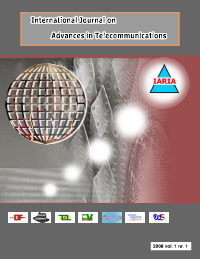CTRQ 2018 - The Eleventh International Conference on Communication Theory, Reliability, and Quality of Service
April 22, 2018 - April 26, 2018
CTRQ 2018: Tutorials
T1. Teletraffic Advances in LEO Mobile Satellite Systems
Prof. Dr. Ioannis D. Moscholios,University of Peloponnese - Tripoli, Greece
Low earth orbit mobile satellite systems (LEO-MSS) are ideally suited for providing multiservice real time applications to a diverse population in large geographical areas. Compared to geostationary MSS (GEO-MSS), their requirements in terms of transmit power and transmission delays are lower at the cost of introducing frequent beam handovers (that occur due to the high speed of LEO satellites) to in-service mobile users (MUs) during their lifetime in the system.
To assure quality of service (QoS) in the complicated multirate traffic environment of contemporary LEO-MSS it is essential to develop QoS mechanisms, with efficient and fast QoS assessment, that: i) provide access to the necessary bandwidth needed by the services of the MUs, ii) ensure fairness among different "competing" mobile services/applications and iii) reduce handover failures for in-service MUs. On the other hand, the incorporation of the emerging technologies of software-defined networking (SDN) and network function virtualization (NFV) in next-generation satellite networks, provides new opportunities for fairer QoS assignment among service classes.
Considering call-level traffic in a LEO-MSS which accommodates different service-classes with different QoS requirements, such a QoS mechanism is a channel sharing policy, since it affects call-level performance measures, like call blocking probabilities (CBP) and handover failure probabilities. The QoS assessment of LEO-MSS under a channel sharing policy can be accomplished through teletraffic loss or queueing models.
more
T2. Lifecycle Management and Systems Engineering Techniques for Telecommunication Networks
Prof. Dr. Andrew Snow, Ohio University, USA
The goal of this tutorial is to provide attendees a keen appreciation of the relationship between the network lifecycle, project management, and systems engineering techniques necessary to successfully design, develop, acquire, and field complex telecommunication networks.
What the telecommunication networking discipline has in common with the Information Technology field as a whole is that a significant number of projects fail because of poor definition at the beginning of the lifecycle of a system. As a consequence, this tutorial places heavy emphasis on network definition activities including network user requirements, system requirements, concept definition, component specification, and planning.
Emphasis will be placed on how to determine customer needs, translate those needs into network system attributes, develop an architecture capable of having the required network attributes, and specify and select components that will interact successfully to meet the necessary functional and performance attributes capable of satisfying user needs. A systems engineering perspective will also be included that provides for the decomposition of complex network systems into subsystems and major components.
more
T3. Virtual Environment of Things: Industrial Applications that Combine Internet of Things and Augmented Reality Technologies
Prof. Dr. George Koutitas, Texas State University, USA
A huge variety of IoT connected devices are deployed in the close vicinity of a user creating a huge amount of data that is hard to access and interact with. There is a need for a better human-to-smart environment interaction. In this presentation we will address this problem with the use of a new technology called the Virtual Environment of Things (VEoT). Virtual Environment of Things (VEoT) is a new concept of integrating real-world smart things and virtual-world avatars/objects in a computer-generated virtual environment so that entities in either worlds can interact with one another in a real-time manner.
more
T4. Outer Space Warfare Challenges - Theory, Doctrine, Strategies and Tactics
Paul Szymanski, Space Strategies Center, USA
The importance of outer space satellites and their supporting systems cannot be overstated. Their use in the civil and commercial world to provide communications, weather, navigation, timing and Earth resources monitoring provides major advantages to those who employ the information generated by these systems. However, due to the global reach of these space systems, advantages are provided to both friendly and adversary militaries. Beginning with the use of space systems to support military operations during the Arab-Israeli conflicts, and in Desert Storm, both major and minor players are considering how denial of space capabilities to their adversaries will be a force multiplier on terrestrial battlefields.
Based on the author’s extensive experience in this theoretical area, he has developed essential theory, rules, doctrine, strategies and tactics by which he feels the next space war will be conducted. These are based on his unclassified analyses of past military history, and of classical Military Principles of War [2] and Sun Tzu's Art of War [1] applicability to Space Warfare (see author’s additional papers). Since a full-up space war has not yet occurred, all of these concepts are notional and unproven, much like air warfare doctrine was only theoretically understood prior to World War Two. Nonetheless, it is very important to better understand how a future space war might be conducted to ensure favorable outcomes for the more prepared country, and for better outcomes for the world, in general, post space conflict.
more
